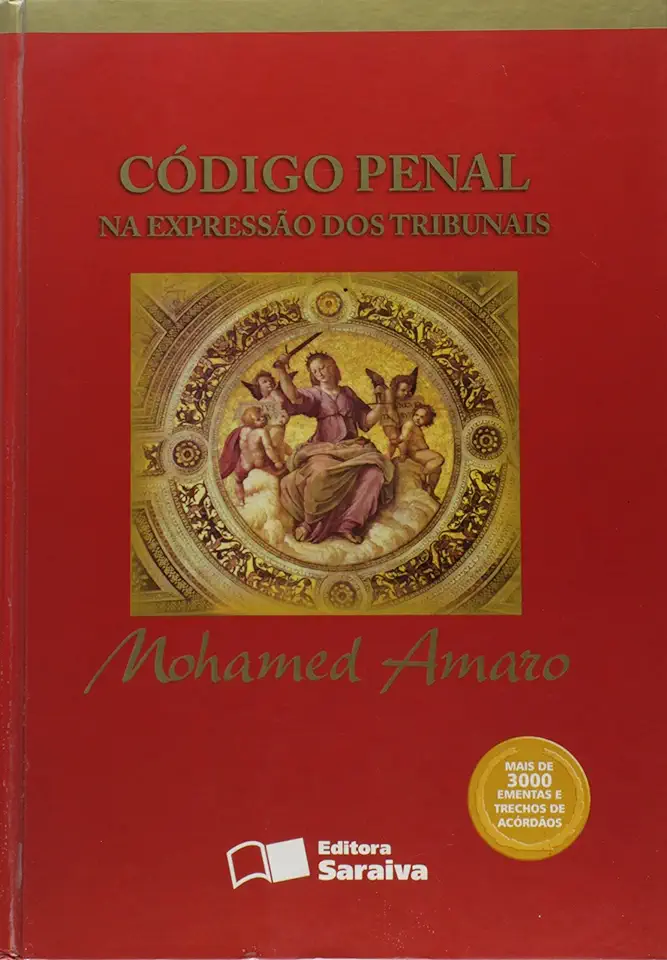
Criminal Code in the Expression of the Courts - Mohamed Amaro
Criminal Code in the Expression of the Courts: A Comprehensive Guide to Understanding and Interpreting Criminal Law
Introduction
In the realm of criminal justice, the criminal code serves as the cornerstone of the legal framework that governs the prosecution and punishment of criminal offenses. This comprehensive guide, authored by Mohamed Amaro, delves into the intricacies of the criminal code and its interpretation by the courts, providing a profound understanding of how criminal law operates in practice.
Understanding the Criminal Code
The criminal code is a systematic compilation of laws that define criminal offenses and prescribe the corresponding punishments. It encompasses a wide range of crimes, from petty offenses to serious felonies, and sets forth the elements that must be proven by the prosecution to secure a conviction.
Interpretation by the Courts
The interpretation of the criminal code is a complex process that involves the application of legal principles and doctrines by the courts. Judges play a crucial role in interpreting the language of the code, determining the scope of criminal liability, and ensuring that the rights of both the accused and society are upheld.
Case Law and Precedents
Case law, which comprises the decisions of appellate courts, serves as a vital source of guidance for interpreting the criminal code. Precedents established by higher courts are binding on lower courts, creating a consistent body of law that shapes the application of the criminal code.
Statutory Interpretation
Statutory interpretation refers to the methods and techniques employed by courts to ascertain the meaning and intent of the criminal code. This involves analyzing the language of the statute, considering its context and purpose, and examining legislative history.
Constitutional Considerations
The interpretation of the criminal code must also take into account constitutional principles and limitations. Courts are tasked with ensuring that criminal laws comply with fundamental rights and freedoms, such as the right to due process, the right to a fair trial, and the prohibition against cruel and unusual punishment.
Judicial Discretion
While the criminal code provides a framework for criminal justice, judges retain a degree of discretion in interpreting and applying the law. This discretion allows courts to consider the unique circumstances of each case and tailor the application of the law to achieve justice.
The Role of Legal Scholarship
Legal scholarship plays a significant role in shaping the interpretation of the criminal code. Academics, lawyers, and legal scholars engage in research, analysis, and commentary on criminal law, contributing to the development of new ideas and perspectives.
Conclusion
"Criminal Code in the Expression of the Courts" is an indispensable resource for anyone seeking a comprehensive understanding of criminal law and its interpretation. Mohamed Amaro's insightful analysis and clear explanations make this book a must-read for legal professionals, students, and anyone interested in the intricacies of criminal justice.
Call-to-Action
Don't miss out on this opportunity to deepen your knowledge of criminal law and its practical application. Order your copy of "Criminal Code in the Expression of the Courts" today and embark on a journey into the fascinating world of criminal justice.
Enjoyed the summary? Discover all the details and take your reading to the next level — [click here to view the book on Amazon!]